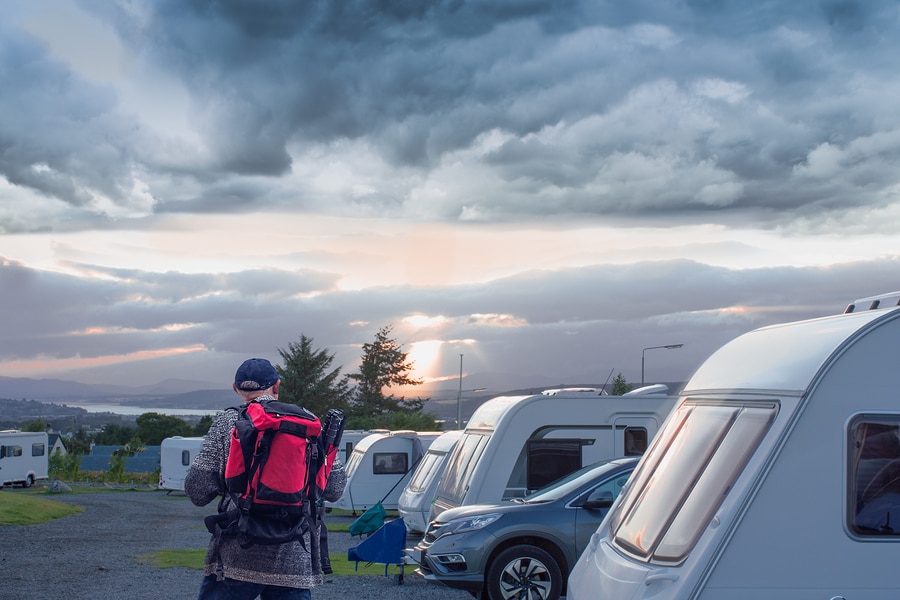What are grey nomads?
Grey nomads is the name given to an increasing number of older Australians who spend part of their retirement or semi-retirement travelling. Many of them choose to travel around Australia by caravan or motorhome. They stay at caravan parks, camping sites and on private property by invitation. Some travel to visit family or to volunteer at special events for a few weeks at a time while others spend several months touring the whole country, visiting some of Australia’s most iconic sites. There are forums and groups they can belong to in order to gain tips on the best routes to take and locations to visit.

Like young backpackers these mature aged travellers sometimes undertake casual work on the road in exchange for a free place to stay or park their van. Unlike their younger counterparts however, grey nomads are more likely to need to access health services while travelling.
Demands on rural health services
Around 40 percent of people staying in caravan parks at any given time are over aged 55 but many grey nomads prefer to avoid the popular tourist places because they are too busy, noisy and expensive. Instead they choose to explore outback Australia and have a more authentic experience. While mature aged travellers are often welcomed in rural and regional towns as tourists who support the local economy. Older Australians are more likely to experience both acute and chronic health conditions. Some travellers with significant illnesses even choose to travel to very remote places in order to fulfil a lifelong goal.
Consequently rural and remote doctors working in Australia have noticed an increase in the number of medical emergencies involving tourists who have pre-existing health conditions. The Royal Flying Doctor Service (RFDS) has also observed an increase in the number of aeromedical retrievals for older Australians, the result of an ageing population and an increase in the number of mature-aged travellers. In the three years from 2014 to 2017 the RFDS conducted 22,000 aeromedical retrievals of people aged 65 and over, more than 900 were for heart attacks. Other flights were for fractures relating to falls and trips. One RFDS base in Charleville, Queensland has recorded a 45 percent increase in aeromedical flights over the past decade.
Mature age travellers are encouraged to be fully prepared for their trip before setting off, including visiting their GP for repeat scripts and ensuring sufficient medication. Travellers are also advised to have appropriate insurance and ensure they have all their medical information available to healthcare workers in the event of an incident or accident.
